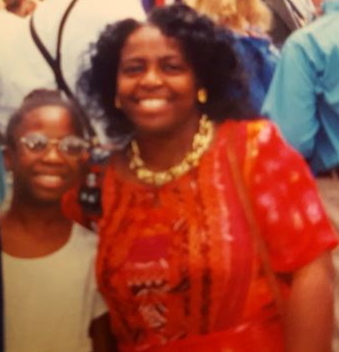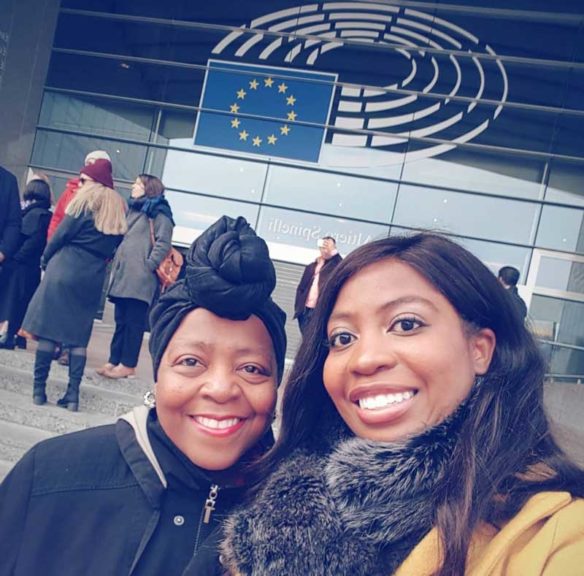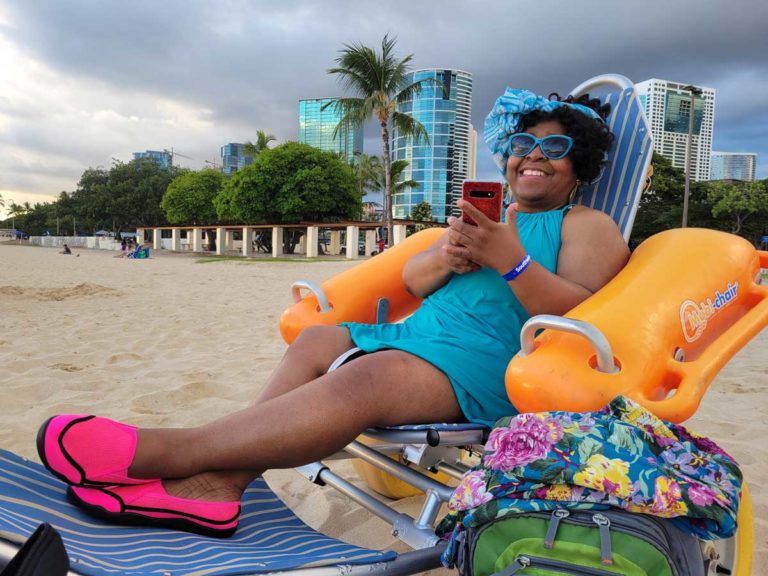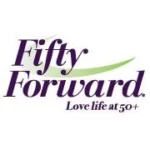Feylyn and Darline Lewis aren’t the usual mother daughter duo. Darline was a military wife with a rewarding career as a surgical nurse and later worked in labor and delivery bringing new life to the world. She never dreamed she would have to quit her career at Nashville’s Memorial Hospital and depend on her daughter Feylyn as a caregiver.
A botched medical procedure and a medication error caused Darline to have paralysis, apraxia, and lymphedema. Now in her early 60s, she relies on a wheelchair for mobility, acknowledges the humanity behind the medical community, and speaks with gratitude about the gift of every day and how the selfless acts of her children have brought new meaning to youth caregiving.
Q. Darline: Will you tell us a bit about apraxia and how is it different from aphasia that many people have heard about due to Bruce Willis’s recent diagnosis?
A.The most important thing to me is that I know what I want to say, but sometimes I just can’t get it out. Everything is there cognitively, but I just can’t get the words out to express myself and that’s quite frustrating.
Q. Darline, will you tell us about your career.
 A. As a little girl, I always thought I’m going to become a nurse so I can always go see my mother. I didn’t want anything to prevent me from seeing my mother. What drew me into nursing because I always wanted to be able to go see my mother. And, so, I find it interesting that now Feylyn is in the position of taking care of me like I was taking care of my mother when she needed me to help her.
A. As a little girl, I always thought I’m going to become a nurse so I can always go see my mother. I didn’t want anything to prevent me from seeing my mother. What drew me into nursing because I always wanted to be able to go see my mother. And, so, I find it interesting that now Feylyn is in the position of taking care of me like I was taking care of my mother when she needed me to help her.
Q. Feylyn, life has kind of come full circle for you and your mom and in a way, you are also following a bit in your brother’s footsteps. At the age of 19, he came home from college to help care for your mom including paying rent, mortgage, household tasks, and taking you to school. Now you have pursued a doctorate, will you share how you’re finding rich ways to learn and share your story across the globe?
A. What has happened has been catastrophic for my family in terms of the physical impact. My mother now has two disabilities, but also (there are) emotional impacts, and financial impacts. It’s been a tremendous hit to our family. I view what I do now — doing research and advocacy for young caregivers so children, young adults, millennials who also have caregiver responsibility — as a way to honor the sacrifices that my older brother made. I wouldn’t be at any place at all (or doing what I do now) if it wasn’t for him. The sacrifices that he made… He dropped out of college so that he could come home and take care of myself and my mom. I view every single thing that I do as a way to honor what he did and to also ensure that other children like myself or other young adults, like my brother, are not in that position, the way that we were.
So I’ve really just devoted my career in the last decade to ensuring that I can create a more fair, more equitable world for other children and young adults in families where there’s illness, or disability, or mental illness, or substance abuse (and youth caregivers are needed).

Q. Will you touch on the difficulties of senior housing in Nashville?
A. I realized that I needed to move back from England to be her full-time caregiver as well. So that meant I needed to live with her. My mind was completely blown by the lack of senior living in terms of being able to live with a caregiver. So anywhere that we would find in Nashville, they would certainly be able to take my mother as someone who’s over 60 or disabled, but they would not be able to take me as her live-in caregiver because of my age.
Today, Darline greets every day with gratitude including the caregiving from family. Life has come full circle for her. The daughter she welcomed into the world more than three decades ago has now stepped in to help care for her. The aha moments for these two as a team are eye opening as more and more children are having to and wanting to step in to care for their older family members. As we might imagine, this is a roller coaster of emotions and obstacles.

In this Squeeze the Day interview, let’s learn more about how these two – despite the obstacles – are committed to educating and advocating for youth caregivers especially in the United States. Tune in to this podcast to hear Dr. Feylyn explain how the United States fares with the United Kingdom in terms of research, policy, and practice for youth caregivers.

 This Squeeze the Day is brought to you by the All of Us Research Program from the National Institutes of Health. Learn how you can help change the future of health by participating in the program.
This Squeeze the Day is brought to you by the All of Us Research Program from the National Institutes of Health. Learn how you can help change the future of health by participating in the program. 
